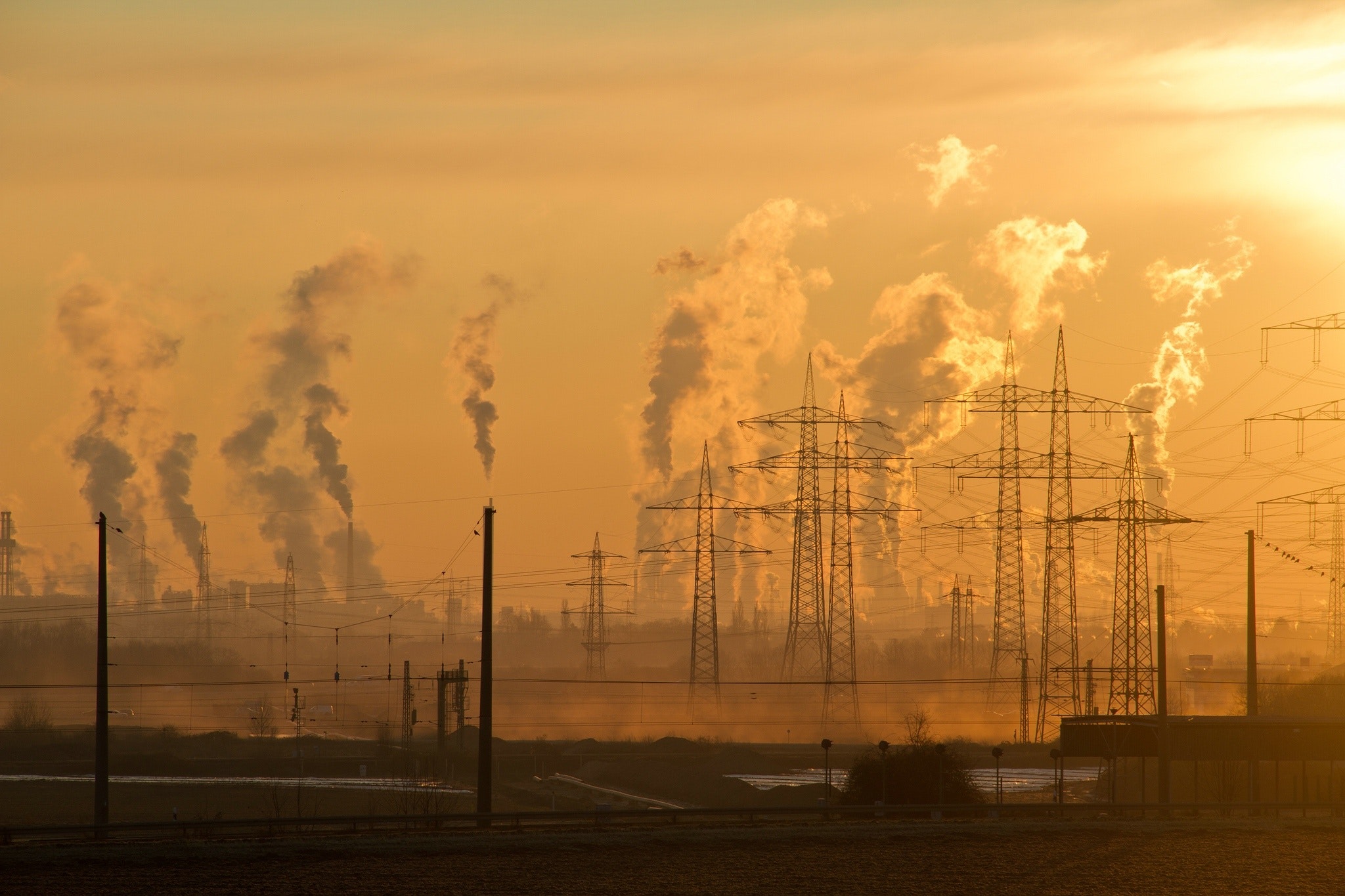A new study by scientists in the USA has found that spraying chemicals in the air to essentially “dim the sun” may reduce temperature increases without worsening weather conditions.
The study, conducted by Harvard, MIT and Princeton University scientists, found that using a technique called solar geoengineering to spray chemicals into the earth’s atmosphere could reduce the effects of sunlight.
They found that they could halve global temperature increases with minimal effects on climate change, with only 0.5 percent of the Earth seeing climate change worsened.
The first of its kind, the study used computer models to find the ideal amount of geoengineering that would reduce warming without exacerbating climate change.
Initially, it was believed that the chemicals would lead to extreme temperature and weather changes in large areas.
However, Dr Peter Irvine, one of the authors of the study, believes that by only halving temperature increases, the side-effects will not be as severe.
“The analogy is not perfect but solar geoengineering is a little like a drug which treats high blood pressure, an overdose would be harmful, but a well-chosen dose could reduce your risks,” he said.
“Big uncertainties remain, but climate models suggest that geoengineering could enable surprisingly uniform benefits,” Professor David Keith, a senior author of the study said.
Dr Irvine believes there would be no issue of “winners and losers”.
“The places where solar geoengineering exacerbates climate change were those that saw the least climate change to begin with,” Dr Irvine said.
“We find a large reduction in climate risk overall without significantly greater risks to any region.”
Image from Pexels.com







